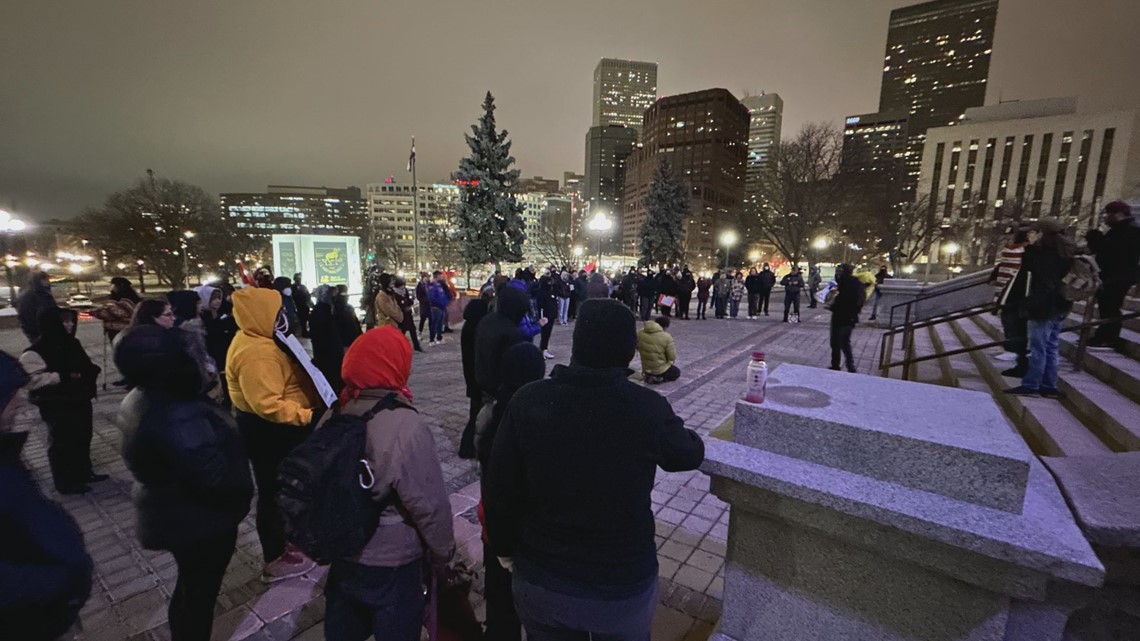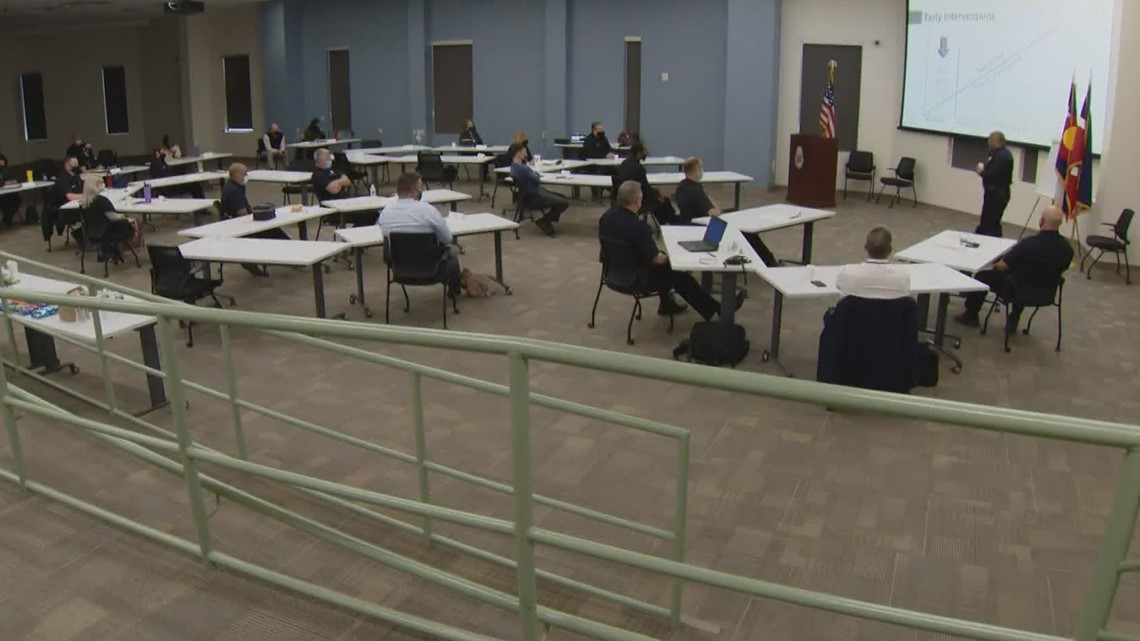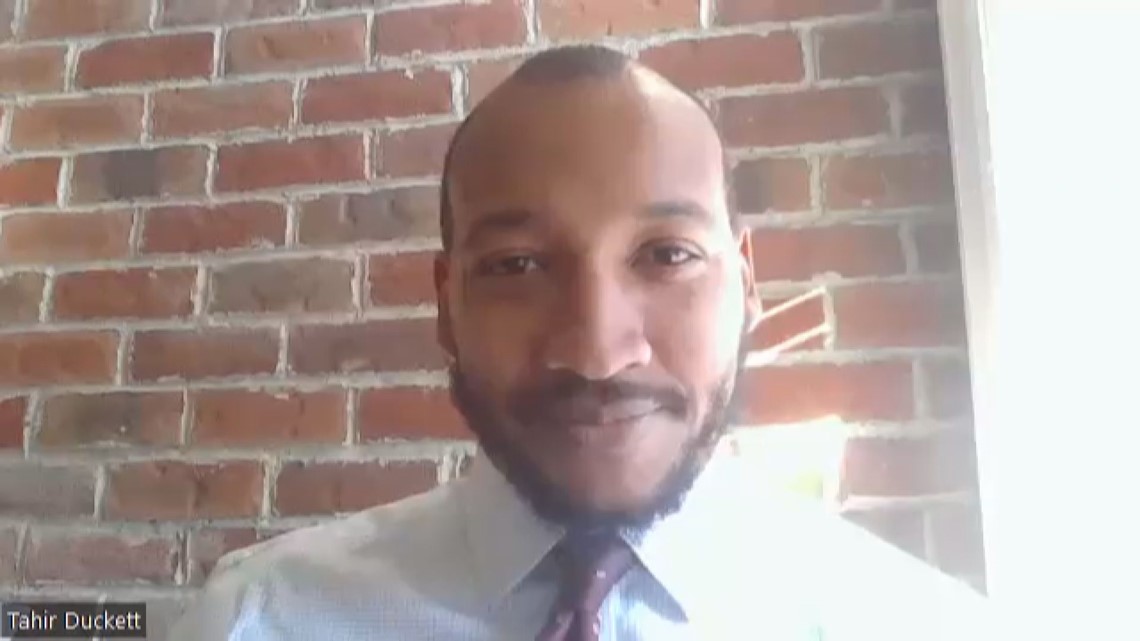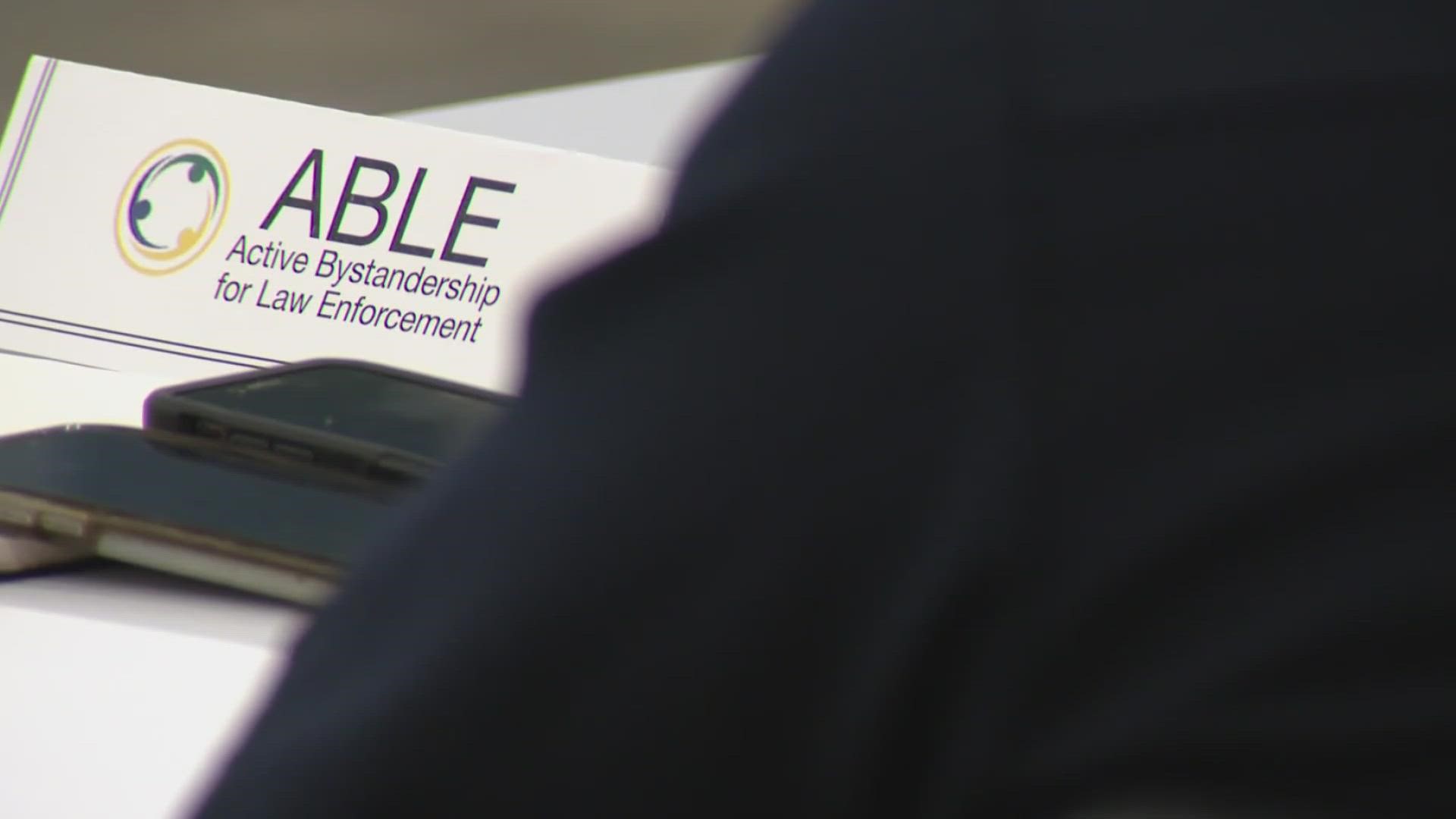DENVER — From start to finish, the videos showing the horrific beating of Tyre Nichols have drawn anger from both current and former law enforcement officials.
"We should all not stand for and tolerate this kind of behavior, you know, from our police officials that are sworn to protect us," Denver Police Chief Ron Thomas told 9NEWS before being able to view the videos on Friday. "And so I share that anger. I share that outrage, that disappointment."
"So there's nothing that I can say that would say, OK, this is what stands out. This was abuse from the beginning to the end and it was a violation and it was murder," said Dr. David Thomas, a retired officer of 20 years who is now a professor at Florida Gulf Coast University, and who has authored several texts on police training.
But both say one thing is clear in the videos, and that's that the officers seem to have failed in stopping each other from escalating the use of force.
"Well, there's no intervention in this particular incident," Dr. Thomas said of the videos. "And officers have a duty to intervene. I mean, [it's] part of your training as a law enforcement officer is — when you use force and a control is established, you are to immediately stop that use of force."
The intervention of officers is emphasized in training across the country, including in what's called the Active Bystandership for Law Enforcement (ABLE) program.


How the ABLE program works
Tahir Duckett has held several titles in his career thus far to provide perspective in his current position, which includes being a founding executive committee member of Law For Black Lives-DC, an organization providing legal and policy support to the movement for Black lives in the Washington D.C. metro area.
Before then, he was a civil rights lawyer and also spent a decade in the labor movement.
Now, he's the executive director of the Center for Innovations in Community Safety at Georgetown Law, which oversees the nationwide ABLE program.
"For years we have seen that law enforcement officers aren't immune to the same sort of dynamics that a lot of us faced in our workplaces," Duckett explained. "Which is that, you know, sometimes when you see something that is not right or looks like it might be a mistake...it can be challenging to find the words to say something in the moment, or you might worry that you're not going to be backed up if you say something."
And so in 2020, the ABLE program was launched, following George Floyd's death.
The goal is provide officers across the country skills that they need to be able to intervene when a fellow officer may be escalating a situation.
Duckett explained that when a law enforcement agency signs up for ABLE, they first go through an application process that includes having to submit letters of support from the "highest political entity in their jurisdiction," like a mayor or governor.
Two community organizations also have to sign a letter demonstrating that the agency applying has, in Duckett's words, a “real commitment to change and a real commitment to taking the process seriously."


A majority of the training occurs virtually, but in-person options occur as well.
Duckett explained that usually the team from ABLE, made up of psychologists, academics, law enforcement personnel and more, train department officials that train their officers.
"And they put people through a four-day 'train the trainer' to make sure that when this content ends up going back to individual agencies, that it's been taught with the sort of fidelity that we know it needs to be taught with and in order to have the the desired outcome," Duckett said.
The Denver Police Department, Adams County Sheriff's Office, Aurora Police Department and Boulder Police Deparment are among a long list of Colorado-based agencies that are considered "ABLE Agencies" according to the program's website.


The impact of the Tyre Nichols videos
When it comes to the videos showing the brutal police encounter, Duckett believes it sheds yet another light on the need for training like the one ABLE provides, but with a caveat.
ABLE can build a culture of active bystandership. But what you saw with Tyre Nichols is a different sort of cultural problem, right? Where you have to know sort of a basic right from wrong. And that's something that ABLE can't do," Duckett explained.
When it comes to his perspective on the situation, he believes it also sheds light on the need for initiatives that better tackle a cultural issue within police departments.
"When I look at this situation, it tells me a couple of things. It tells me that we have to do everything that we can to reduce the harm, that is to reduce the harms of the institution of policing, to reduce the harms that are done by individual officers. Bad apples, if you will," he explained. "But the fact that we are here yet again looking at yet another video tells us that there is also something that we need to be looking at within the culture itself."
SUGGESTED VIDEOS: Latest from 9NEWS

